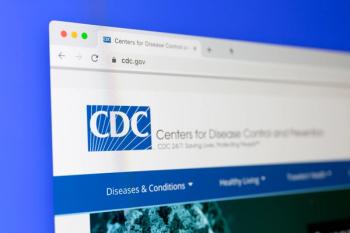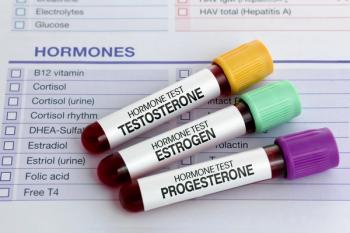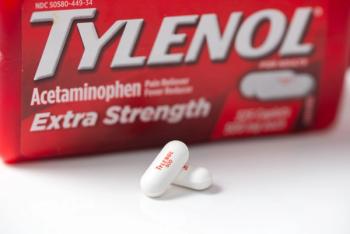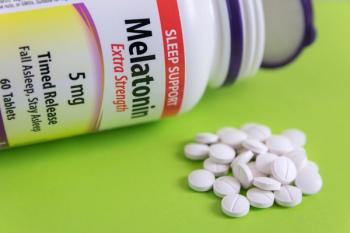
Advanced IHC assays enhance HER2-low breast cancer detection, improving treatment eligibility for trastuzumab deruxtecan.

Advanced IHC assays enhance HER2-low breast cancer detection, improving treatment eligibility for trastuzumab deruxtecan.

CDC's recent statement raises concerns about vaccine safety and autism links, igniting debate among health experts and fueling vaccine hesitancy.

Selumetinib gains FDA approval for adults with neurofibromatosis type 1, offering hope for those with inoperable plexiform neurofibromas.

Routine multicancer early detection tests significantly improve early cancer diagnoses, reducing late-stage cases and enhancing treatment outcomes.

Epcoritamab-bysp demonstrated impressive response rates and improved progression-free survival.

Neladalkib offers durable responses and reduced side effects in TKI-pretreated patients.

Mount Sinai's study uncovers how ciltacabtagene autoleucel enhances long-term remission in multiple myeloma by leveraging the patient's immune response.

SHR-A1811 is a novel HER2-targeting ADC comprised of trastuzumab linked to a topoisomerase I inhibitor payload via a cleavable linker.

Epstein-Barr virus may trigger lupus, reshaping our understanding of this complex autoimmune disease.

Ziftomenib gains FDA approval as a targeted treatment for relapsed acute myeloid leukemia with NPM1 mutations, offering new hope for patients.

Giredestrant and everolimus show significant survival benefits for ER-positive, HER2-negative advanced breast cancer post-CDK4/6 therapy.

A nasal vaccine against whooping cough shows promise in blocking infection and enhancing respiratory immunity, offering a needle-free solution.

Talquetamab shows promising efficacy in heavily pretreated patients with relapsed/refractory multiple myeloma, reinforcing its role in advanced treatment strategies.

Metformin may hinder exercise benefits, impacting blood vessel function and insulin control, raising concerns for diabetes management during physical activity.

The FDA lifts the black box warning on hormone replacement therapy, empowering women with new options for managing menopause symptoms.

Recent analysis reveals no significant link between maternal acetaminophen use and increased autism or ADHD risk, challenging previous health claims.


SHR-A1811 shows significant antitumor activity in early-stage HER2+ breast cancer, both alone and with pyrotinib, promising improved treatment outcomes.

New findings suggest omitting radiation therapy in postmastectomy breast cancer treatment enhances survival, emphasizing the role of systemic therapies.

Moderate to severe obstructive sleep apnea significantly increases the risk of cerebral microbleeds.

Gedatolisib shows promise in enhancing progression-free survival for HR+/HER2– breast cancer patients resistant to standard therapies, as revealed in ESMO 2025.

Low-dose aspirin significantly reduces heart attack, stroke, and death risks in adults with type 2 diabetes and elevated cardiovascular risk.

Experts analyze the effects of MFN tariffs and DTC channels on drug pricing, patient access, and pharmacy operations, revealing critical industry insights.

CAR-T and BsAb therapies revolutionize multiple myeloma treatment but pose infection risks, necessitating vigilant monitoring and tailored prevention strategies.

Maternal COVID-19 infection raises concerns about neurodevelopmental disorders in children, emphasizing the need for effective fever and infection management during pregnancy.

Long-term melatonin use for insomnia raises heart failure risks, highlighting the need for careful evaluation of sleep aids and underlying health issues.

RSV infections in multiple myeloma patients delay treatment but do not increase mortality, highlighting the need for further research on infection management.

Teva Pharmaceuticals recalls over 580,000 bottles of prazosin due to contamination concerns, urging patients to consult healthcare providers.

A groundbreaking vaccine shows 73% efficacy against Salmonella Paratyphi A, offering hope in combating enteric fever globally.

Research reveals a notable risk of invasive fungal infections in multiple myeloma patients undergoing BCMA-targeted CAR T-cell therapy, highlighting the need for vigilant monitoring.